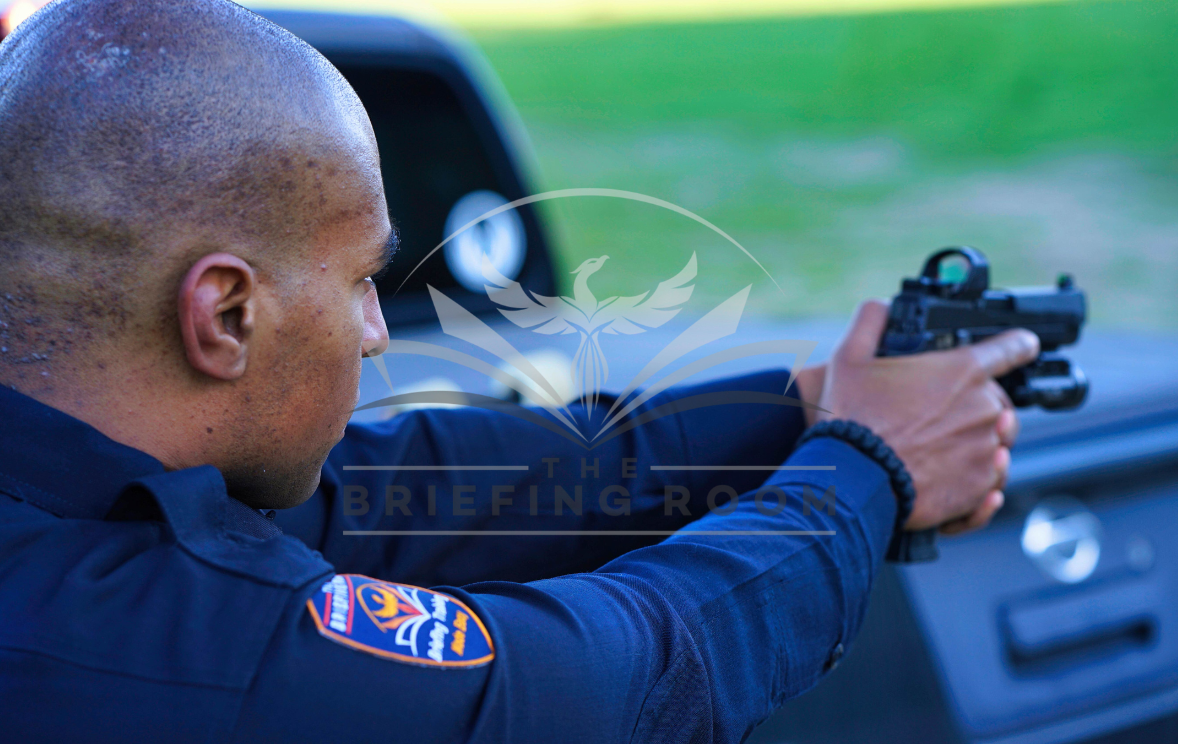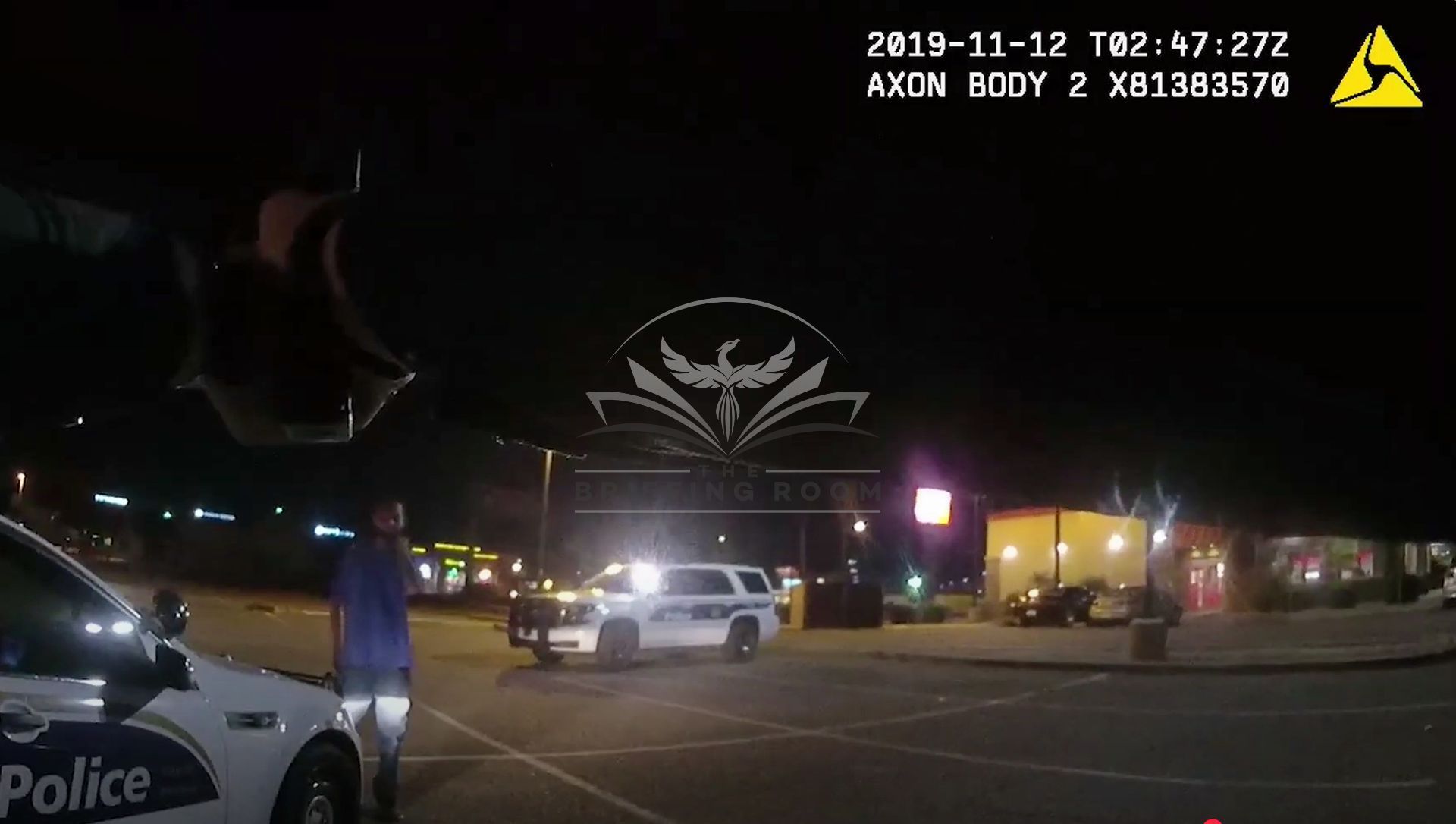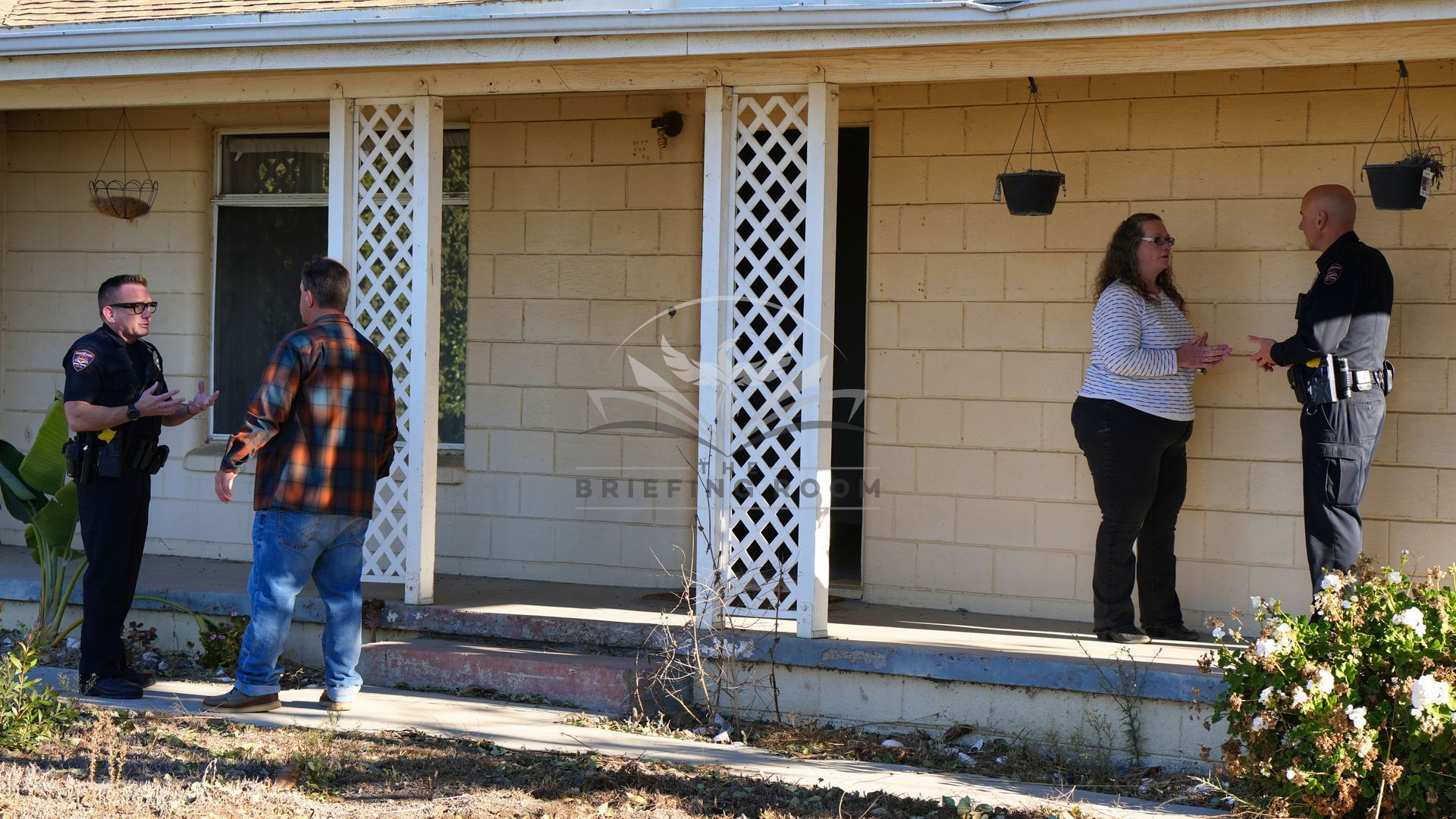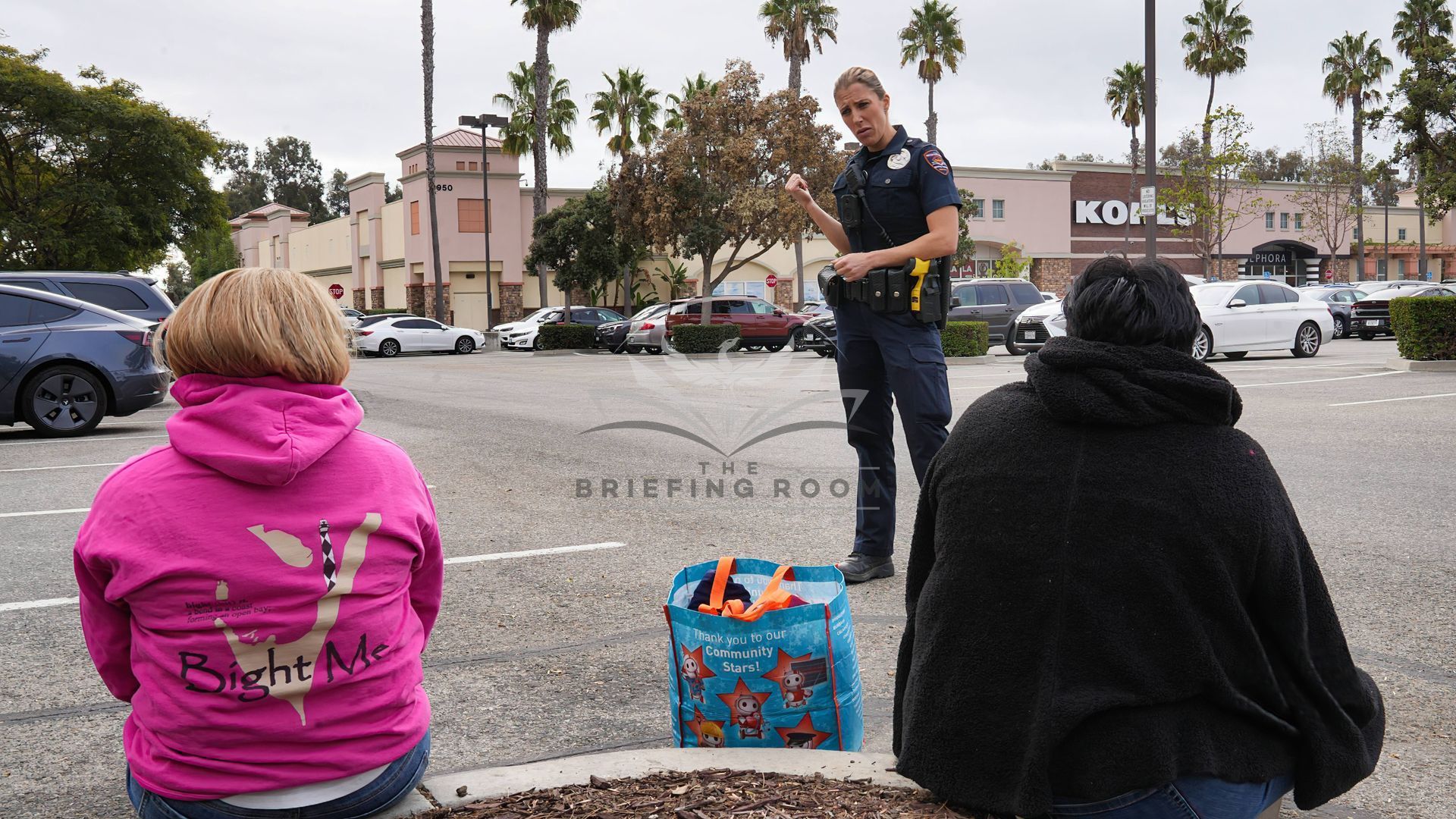Professionalize Your Use of Force Review Process

Professionalize Your Use of Force Review Process
Internal procedural justice among officers is just as important as external procedural justice with the community. If police officers don't know what's expected of them or discipline is administered unfairly, it can cause hesitancy, resentment and poor morale; all of which is a disservice to your community.
Professionalizing your use of force review process so that officer's understand exactly what's expected of them and so they believe their actions will be evaluated fairly goes a long way toward avoiding negativity within an agency.
To begin with, an agency should be clear about what the reporting requirements are for each type of force used.
California Department of Justice recommends dividing use of force into three levels to provide peace officers with a clear understanding of what to expect in the review process when that level of force occurs.
These levels are for reporting and review only and not intended as a force continuum for the application of force. An example of this can be found on pages 36-44 of California DOJ's Review of the Sacramento Police Department.
Second, a methodical approach to reviews that always asks the same questions should be adopted for the review process. Whether its digital or on paper, specific questions based on law, policy and agency training should be applied to the review process to ensure all use of force incidents are reviewed as similarly as possible every day and officer to officer. An example form we created can be found in the additional resources section for this video on our learning platform.
And third, a clear process for the flow of paperwork and disposition of the investigation should be implemented. Officers should be clear about what's going to happen after they write their report.
Implementing these three recommendations will go a long way to providing more consistent internal procedural justice and is consistent with modern police use of force oversight.
The Briefing Room has a short training video available on this exact scenario so agency supervisors can easily train every officer in your agency on this essential topic.
www.TheBriefingRoom.com
90-Second Training Videos Your Supervisors Use During Briefing or Roll Call To Develop High-Performing Teams of Officers.
✅ Lower Liability
✅ Retain Officers
✅ Build Community Support
🌟 Produced Exclusively by Active-Duty Law Enforcement Instructors 🌟
This post is only offered as a discussion topic only and does not represent legal advice. Officers must refer to the laws in their own State as well as their agency's policies, which can be more restrictive on officers that the law requires.



